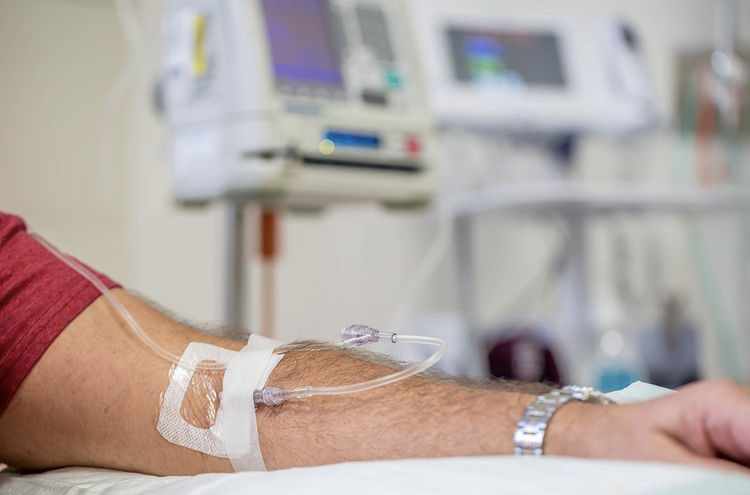Everything You Need to Know About Primary Immunodeficiency Diseases (PIDDs)
novembre 21, 2019

Plasma is a healing liquid packed with lifesaving proteins that can be used to treat a whole host of diseases. Primary immunodeficiency diseases (PIDDs) are a group of diseases that are characterized by compromised immune system function and can be treated via immunoglobulin therapies made from human plasma. If you’ve ever been curious about what happens to your plasma post-donation and the conditions this blood component can treat, you’ve come to the right place. Here’s everything you need to know about primary immunodeficiency diseases and how plasma is used as a treatment for patients with these disorders.
What Types of Primary Immunodeficiency Diseases Are There?
There are more than 300 diseases that fall under the PIDD category and, depending on the part of the immune system affected, these conditions can cause acute or recurrent infections. Some of the most common primary immunodeficiency diseases include: agammaglobulinemia, Ataxia-telangectasia, chronic granulomatous disease, complement deficiencies, DiGeorge syndrome, selective IgA deficiency, severe combined immunodeficiency disease (SCID), transient hypogammaglobulinemia of infancy, and Winscott-Aldrich syndrome.
What Causes of Primary Immunodeficiency Diseases?
PIDDs are inherited genetic disorders that are passed down from one or both parents. Mutations in a patient’s genetic code cause the immune system defects that characterize these diseases. PIDDs are present at birth, but they may be diagnosed in infancy, childhood or adulthood depending on the severity of the disease.
What are the Symptoms of Primary Immunodeficiency Diseases?
The most common sign of primary immunodeficiency diseases are frequent infections that last longer than normal and are difficult to get rid of. Opportunistic infections, infections that healthy individuals typically aren’t susceptible to, are also an indication of PIDDs. Other signs and symptoms of the disorder include:
- Autoimmune diseases such as type 1 diabetes, rheumatoid arthritis, and lupus
- An enlarged spleen
- Blood disorders
- Digestive issues
- Recurring sinusitis, pneumonia, and ear infections
- Recurring abcesses on the skin and/or organs
- Stunted growth and/or weight loss
- Swollen lymph nodes
How are Primary Immunodeficiency Diseases Treated?
In most PIDD cases, the body produces too few immunoglobulins, the proteins that help immune cells recognize and neutralize micro-organisms, or none whatsoever. As such, the most effective treatment for PIDDs is immunoglobulin replacement therapies. Immunoglobulin therapies are created from purified human plasma that is donated from healthy donors. Immunoglobulin is administered either intravenously or subcutaneously as an infusion. Treatments are regularly given to patients with PIDDs, and they effectively control their infections and improve overall quality of life.
At DB Plasma, we wholeheartedly believe in the healing powers of plasma and its ability to treat immune system disorders like PIDDs. That’s why we’ve devoted ourselves to collecting quality plasma from healthy donors at our donation centres. Book your next appointment today to contribute to the creation of lifesaving therapies.

